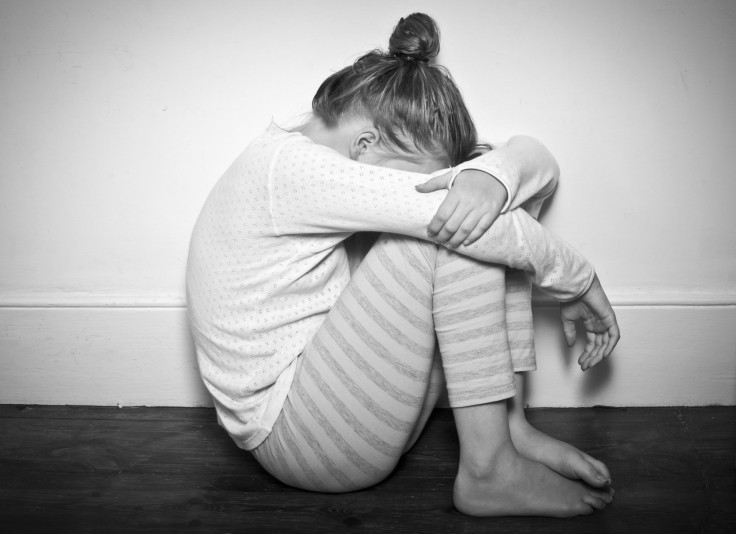The Link Between Dyslexia And Child Abuse Is Too Large To Be A Coincidence

Child abuse is always terrible, but recognizing the problem is the first step toward finding a solution. A new study has found a “very strong association” between physical abuse and dyslexia, suggesting that those with the learning disability may benefit from physical abuse screenings. Although the root of the link remains unknown, the evidence is strong enough to rule out coincidence as being the cause for the association.
77 Report Dyslexia Diagnosis
In their new study, which is published online in the Journal of Interpersonal Violence, researchers from the University of Toronto examined a representative sample of 13,054 adults. Of the 1,020 that reported having experienced physical abuse in childhood, an alarming 77 also reported having been diagnosed with dyslexia by a health professional. These increased odds were still present even when age, race, gender, and “other early adversities such as parental addictions,” were taken into account, co-author Esme Fuller-Thomson explained in a recent press release.
Too Large To Be A Chance Occurrence
Fuller-Thompson explained to Medical Daily how the chances of this link happening by coincidence are one in 10,000. “Because the difference is so big and the sample is so large, it is very likely that there is a true relationship where people with dyslexia were likely to have experienced physical abuse in childhood,” Fuller-Thomson said. What is not known at the moment is if this dyslexia came before the abuse, if the abuse in early childhood caused brain abnormalities, or if living in a dysfunctional home contributed to this. “It is possible that for some children, the presence of dyslexia and related learning problems may place them at relatively higher risk for physical abuse, perhaps due to adult frustrations with chronic learning failure,” explained study co-author Stephen Hooper in the press release.
Future Studies
Future studies will further explore this subject, taking a broader range of early adversaries and a broader range of abuses into context. “We are going to other studies looking at other types of learning disabilities in general and also begin to look if other types of abuse, such as sexual abuse, have similar effects,” Fuller-Thomson added.
Global Problem
In the United States, a report of child abuse is made every 10 seconds, according to statistics released by Child Help. On an international level, the World Health Organization estimates that as many as 23 percent of the world’s population reports being physically abused as children. Unfortunately, the WHO does not suggest universal screening for abuse, partly due to the large amount of false positives these screening can show. “Our suggestion is that it would be logical to screen children with dyslexia for physical abuse,” Fuller-Thompson said. These screenings could be done in a school or a health care setting and have the potential of saving children from child abuse before they become one of the four children who die every day in America due to physical abuse.



























